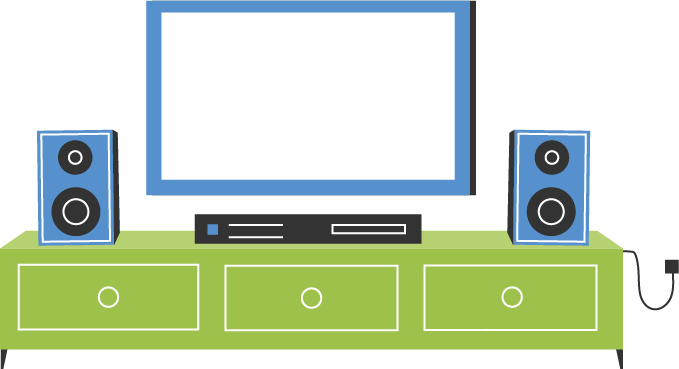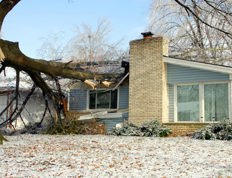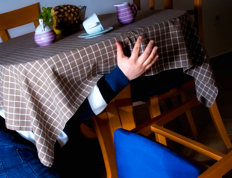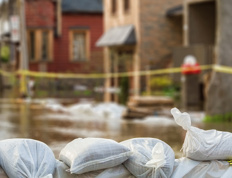
10 items that should be part of your emergency kit

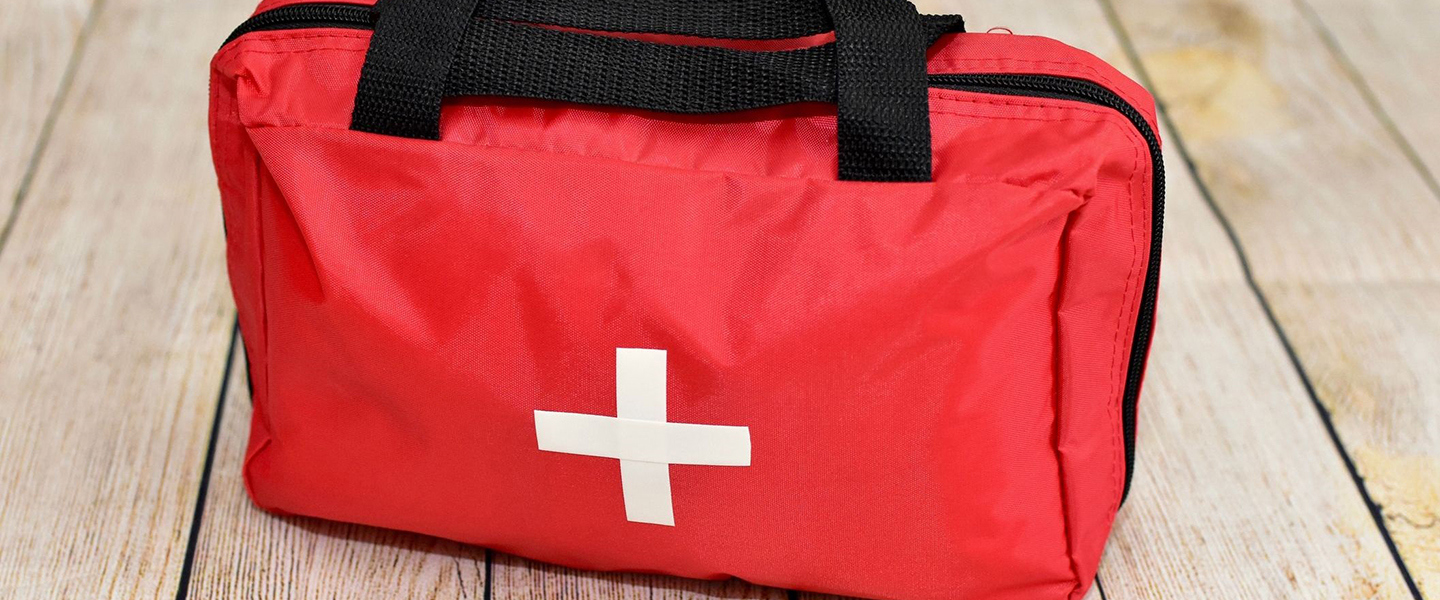
If there was an emergency situation, would you be able to cope for three days without tap water, electricity, or outside help?
Authorities recommend that you keep an emergency kit in your home to cover your basic needs for 72 hours. This is how long it might take first responders to reach you.
10 items to be included in your emergency kit
It's easy to put an emergency kit together. According to Public Safety Canada, fewer than a dozen items are required.
1) Water
You need at least 2 litres of water per person, per day. (Small bottles are easier to carry if an evacuation order is issued). Ideally, you should plan on having 6 litres of water per person for cooking and personal hygiene.
2) Food
Opt for canned food, energy bars, and other non-perishable food items.
3) A manual can opener
Very useful for opening your cans! You might also want to include a few utensils and a multipurpose knife.
4) A wind-up or battery-operated flashlight and radio
A battery-operated flashlight (don't forget the extra batteries) will provide light and comfort at night, as well as a way of sending responders a visual sign that you're there. To preserve your batteries and get brighter light, you can also include one or more solar lamps that can recharge in the daytime.
A radio that doesn't require to be plugged in will help you stay informed and get any messages or instructions broadcast by public health officials. Don't count on your smartphone for information: your Wi-Fi connection, and mobile telephone networks, may not work.
5) A backup battery, cable and charger for your smartphone
Although cellular networks may not be working at the time of the disaster, it is possible that you will be evacuated to an area where the networks will be functional or that they will be restored as a priority. You may then wish to contact your loved ones, your contacts, the authorities or even your insurer to notify them of your situation. Having your own phone with a way to recharge it could prove very useful in your efforts.
6) A first-aid kit
Until help can reach you, you may need to provide care for someone who has a minor injury.
7) Medication and other essential items
Get in the habit of renewing your prescriptions at least three days before your medications run out. If you have young children, think about stocking infant formula, baby food purees, and diapers. If you live with a disabled person, make sure you have the equipment you need to ensure their well-being.
8) Extra keys to your car and house
If your keychain get lost during a disaster, you'll be able to use the keys in your emergency kit.
9) Cash
If a store is still open during a power outage, the merchant may not be able to accept your cards. Make sure you have enough money for at least one full tank of gas and a few meals. Smaller bills and coins are a good idea. A few travellers' cheques might also be useful.
10) A hard copy of your emergency plan
Without electricity, you may not be able to access contacts on your telephone. Make a list of your emergency phone numbers, in the city and elsewhere. You should also make a note of your insurance policy and healthcare insurance card numbers.
Finally, don't forget to check the expiration date of perishable items such as medication, items in your first aid kit, and infant products. You should do this once a year and replace items as needed.
For more information about the 72-hour emergency kit, see “Your Emergency Preparedness Guide” on the Public Safety Canada website.
home insurance
prevention
emergency kit
advice






